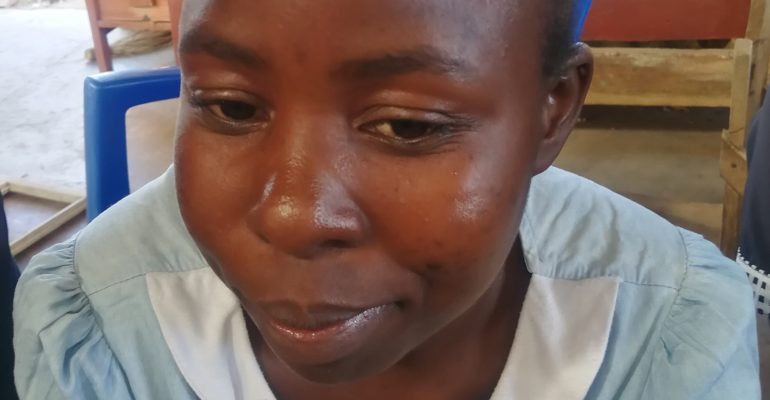Students at Ngozi Community Skills Development Centre in Salima district say the student orientation programme has helped them to discuss issues that are shunned in colleges such as sexual violence.
They said the orientation programme at the centre was conducted at the beginning of the first term in 2019.
“The first week was dedicated to the orientation programme. We learnt so many things about the college and classes but also about important issues such as our rights to a safe learning environment, disciplinary procedure within the college and the college pregnancy policy. Issues to do with sexual violence are rarely discussed but I was impressed that it was tackled during the orientation programme,” said Sara Mumba, Fashion and Design student.
She says the programme has helped them to know the values and expected behaviors of students. The values of a TEVET student are integrity, respect, and responsibility.
Another student, Allan Kalolo says the orientation programme has helped them to know where to report if they have grievances.
“This programme has been helpful to our studies because we have been motivated to finish our studies,” he says.
The orientation programme was rolled out in 45 Technical Entrepreneurial Vocational Education and Training (TEVET) colleges and training centres throughout Malawi, together with an orientation toolkit for every new trainee.
The materials were developed after conducting a gender equality and inclusion study, which revealed a high dropout rate for women studying at TEVET colleges. A range of factors were identified as barriers to women completing their courses, including gender based violence (GBV), unplanned pregnancy, a lack of motivation due to limited understanding of the career options available to TEVET graduates, and limited family and community support for women to pursue careers that are traditionally seen as male.
The orientation programme and toolkits were provided under the European Union (EU) funded Skills and Technical Education Programme (STEP) in partnership with the Technical, Entrepreneurial and Vocational Education and Training Authority (TEVETA) and the Ministry of Labour, Youth, Sports and Manpower Development.



Comments are closed.